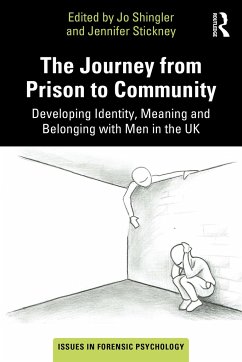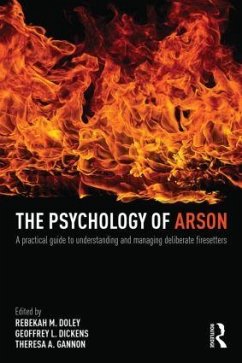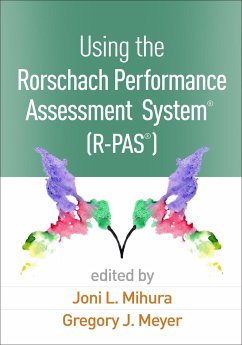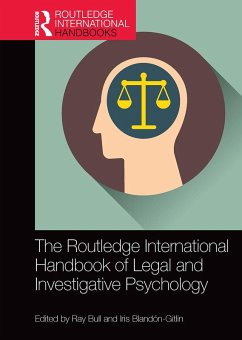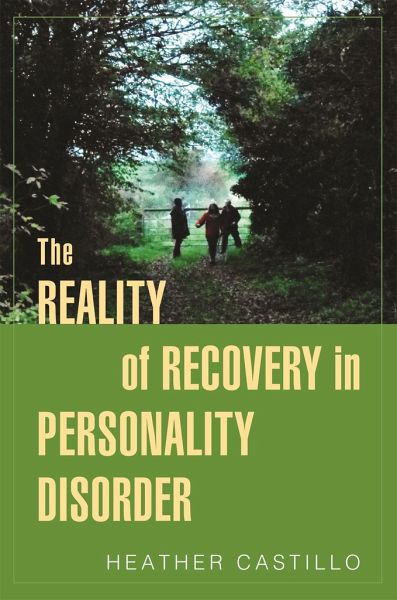
The Reality of Recovery in Personality Disorder

PAYBACK Punkte
16 °P sammeln!
A highly readable account of an innovative, person-centred, community-based approach to recovery from personality disorder, this book presents new and better ways of supporting people through the process. Documented experiences and first-hand accounts from The Haven Project prove the success of the project's method.




